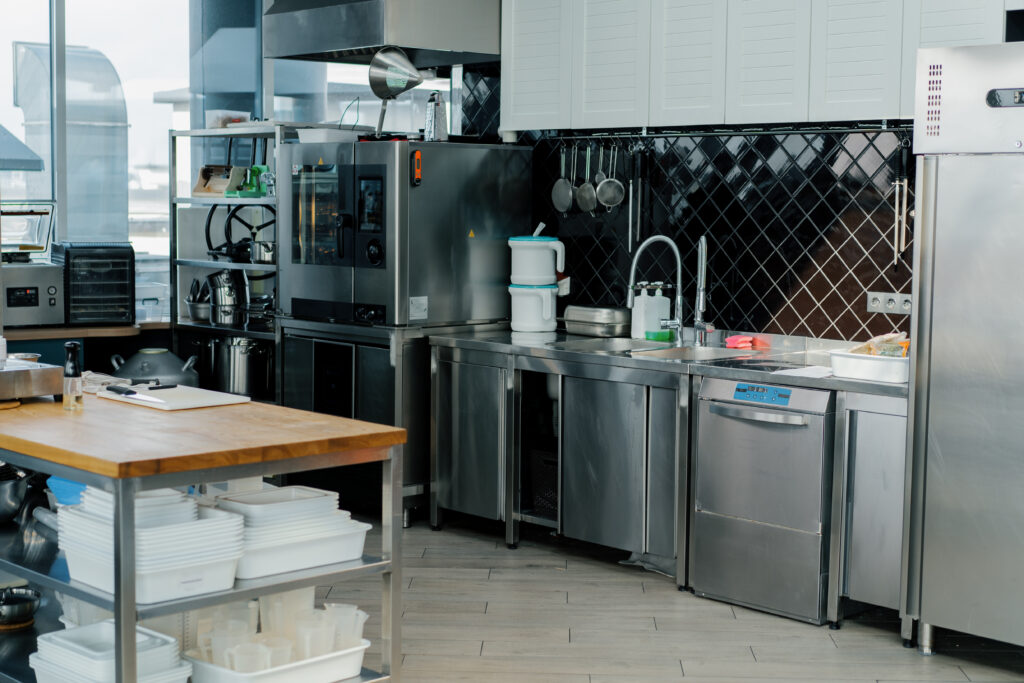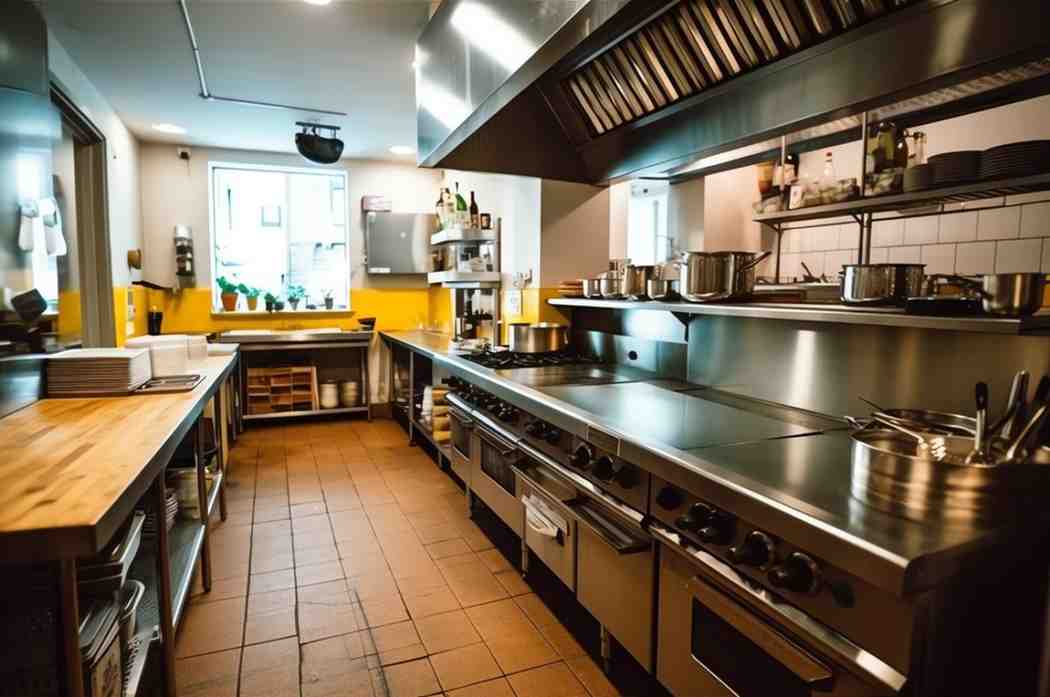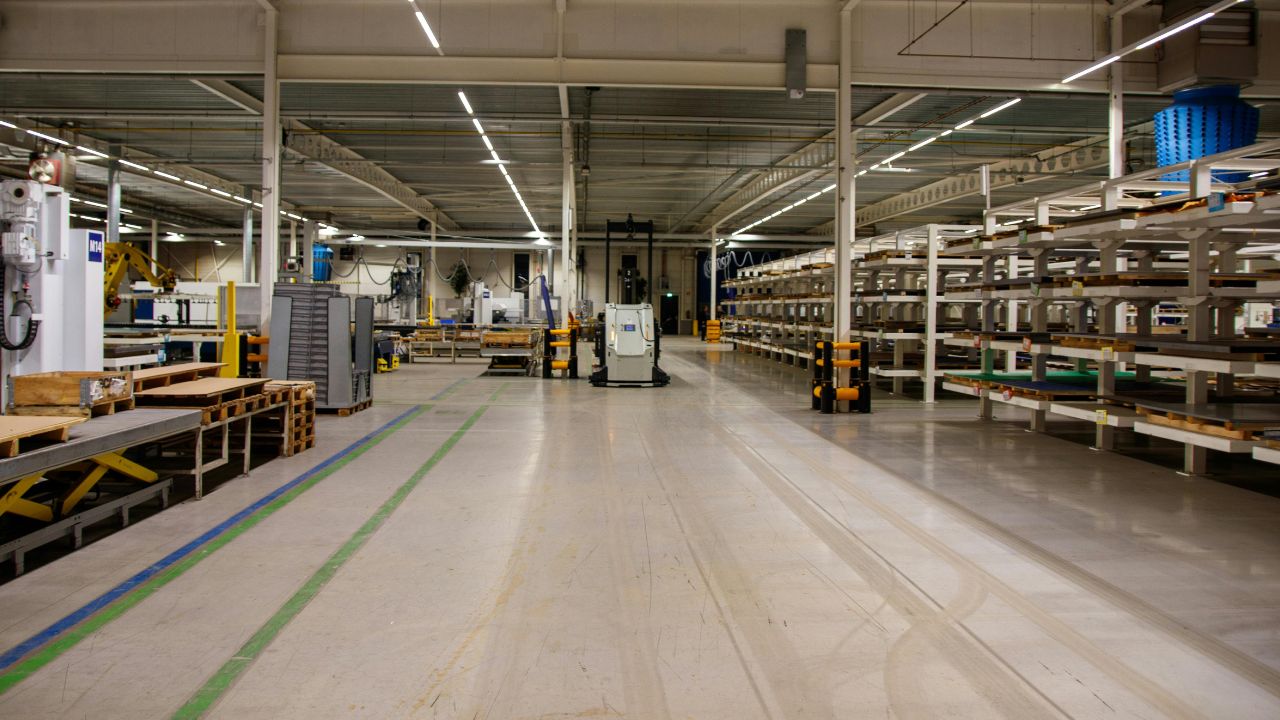Why Hygiene Standards Matter in Commercial Kitchen Cleaning
Maintaining cleanliness in a commercial kitchen is more than a health and safety requirement; it’s a matter of business reputation, operational efficiency, and legal compliance. A restaurant or food service establishment thrives on customer trust, and the state of its kitchen plays a big role in shaping that trust. Patrons expect a certain level of cleanliness in the places that prepare their food. A spotless kitchen not only ensures compliance with local and federal health codes but also protects against foodborne illnesses, potential shutdowns, and hefty fines. Understanding the role hygiene plays in kitchen cleaning is vital for any business in the food industry.
The Link Between Hygiene and Health Risks
Foodborne illnesses pose serious risks to both customers and staff. Bacteria, viruses, and other pathogens thrive in environments where cleanliness is neglected. Commercial kitchens, where raw and cooked foods are handled, are prime spots for cross-contamination if strict cleaning standards aren’t upheld. Even the smallest lapse in hygiene can lead to the spread of harmful bacteria like E. coli, Salmonella, and Listeria. These pathogens can transfer from countertops, cooking utensils, or improperly cleaned equipment directly onto food, which can then be consumed by customers. In worst cases, an outbreak of illness can lead to lawsuits, bad press, and the loss of business.
Prevention starts with high hygiene standards, including daily cleaning protocols, proper sanitization, and regular inspections. Keeping the kitchen free of contaminants and reducing the chances of foodborne diseases protects not only customers but also employees, ensuring a safer working environment.
Building Trust with Customers
When diners walk into a restaurant, they don’t just care about the menu or ambiance. They want to know that the food is prepared in a clean, sanitary environment. A spotless kitchen isn’t just a behind-the-scenes effort—it reassures customers that they can trust your establishment. Today’s customers are more informed and health-conscious, with many reading reviews not just for food quality but also for cleanliness.
One poor health inspection or a single incident of food contamination can spread quickly through word of mouth and online reviews. In the age of social media, news travels fast, and it doesn’t take long for a restaurant to gain a reputation for being unsanitary, which can hurt sales and public perception.
Consistency in hygiene practices is the best way to maintain this trust. Visible signs of cleanliness, such as clean floors, utensils, and restrooms, signal to patrons that your kitchen is held to the highest standards. A kitchen that fails to meet these standards can easily lose business to competitors who prioritize cleanliness.
Meeting Regulatory Standards
Health departments have strict regulations that all commercial kitchens must follow. These regulations cover a broad range of areas, including how food is stored, prepared, and served, as well as the cleanliness of the kitchen environment. Failure to comply can lead to severe consequences, ranging from fines to temporary or permanent closure.
Health inspections are routine, and no business can afford to be unprepared when inspectors arrive. Poor hygiene practices in the kitchen can result in violations that cost money and time. Even worse, failing multiple inspections can lead to a restaurant losing its operating license altogether.
Proactively maintaining cleanliness helps avoid these risks. Scheduling regular deep cleanings, training staff in best hygiene practices, and staying updated with the latest health codes keeps the kitchen in line with regulations. Compliance also boosts the confidence of employees, knowing they are working in a safe, clean environment.
Improving Employee Efficiency and Morale
A clean kitchen doesn’t just benefit the business and customers—it’s also critical for employees. No one enjoys working in a dirty, cluttered space. When staff members have to deal with unclean surfaces, poorly maintained equipment, or the lingering smell of spoiled food, their productivity suffers. They may also be more prone to accidents in a disorganized kitchen.
By maintaining high hygiene standards, employees can focus on their tasks without the distractions that a poorly maintained kitchen can cause. Clean, well-organized workspaces reduce the risk of injury and help keep operations running smoothly. Additionally, when employees see that management takes cleanliness seriously, they are more likely to take pride in their work and maintain those standards themselves.
Staff morale and retention also improve when employees feel that their health and safety are prioritized. Happy employees are more likely to deliver excellent service, contributing to a better overall customer experience.
Extending the Lifespan of Kitchen Equipment
Commercial kitchen equipment is expensive, and failing to clean it properly can shorten its lifespan. Grease, grime, and food particles that accumulate on stovetops, ovens, and refrigerators can cause equipment to malfunction or break down over time. Regular cleaning and maintenance help prevent costly repairs or replacements and ensure that equipment continues to function optimally.

For example, grease buildup in exhaust hoods can become a fire hazard, and clogged drains in dishwashers can lead to flooding. These are not only expensive problems to fix, but they also pose significant risks to the safety of staff and the business itself.
Regular maintenance and cleaning routines prevent these issues before they become major problems. In turn, this reduces downtime caused by broken equipment and saves money on repair costs. A well-maintained kitchen runs more efficiently, which contributes to better service and a more profitable business.
Reducing Pest Infestations
No one wants to eat at a restaurant that has a pest problem, yet commercial kitchens are particularly vulnerable to infestations if hygiene isn’t kept up. Crumbs, grease, and food waste that aren’t properly cleaned up attract rodents, cockroaches, and other pests. These pests not only carry diseases but also can contaminate food and damage the reputation of a business.
Pests thrive in dirty environments, and once they’ve found a reliable food source, they can multiply quickly. Implementing strict cleaning protocols, particularly in areas that are often overlooked, such as under appliances or in storage areas, reduces the risk of attracting pests.
Hiring professional pest control services regularly, in addition to keeping the kitchen clean, can provide an extra layer of protection. The cost of an infestation—both in terms of lost business and remediation—far outweighs the investment in keeping a kitchen clean.
Enhancing Overall Food Quality
The cleanliness of a commercial kitchen has a direct impact on the quality of the food being served. Cooking in a dirty environment introduces off-flavors, compromises the presentation, and can even alter the texture of dishes. Spilled grease or burnt food particles can taint meals, while dirty equipment may leave residues on ingredients.
Maintaining a hygienic kitchen ensures that food is prepared and presented as intended. Clean equipment, fresh ingredients stored in sanitary conditions, and a clean cooking space all contribute to better-tasting food. In the highly competitive restaurant industry, where food quality can make or break a business, hygiene should never be overlooked.
National Facility Contractors Sets the Standard in Commercial Kitchen Cleaning
National Facility Contractors upholds rigorous standards in commercial kitchen cleaning, ensuring that your business is always in compliance with health regulations and free from contaminants. With eco-friendly products, high-grade equipment, and real-time service tracking, NFC guarantees transparency and effectiveness in every job. Our experienced teams are trained in the latest sanitation protocols to help protect your facility’s reputation and longevity. Choose NFC to keep your kitchen spotless, efficient, and safe for everyone.
Conclusion
Commercial kitchen cleaning is not simply a routine task—it’s a foundational element of running a successful, safe, and reputable business. High hygiene standards protect against health risks, foster customer trust, and ensure compliance with regulatory requirements. A clean kitchen promotes efficiency among employees, reduces maintenance costs, and helps deliver better-quality food. With so much at stake, investing in rigorous cleaning protocols is one of the smartest decisions a business owner can make.






